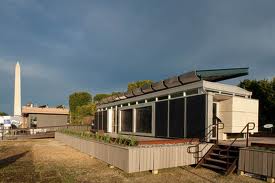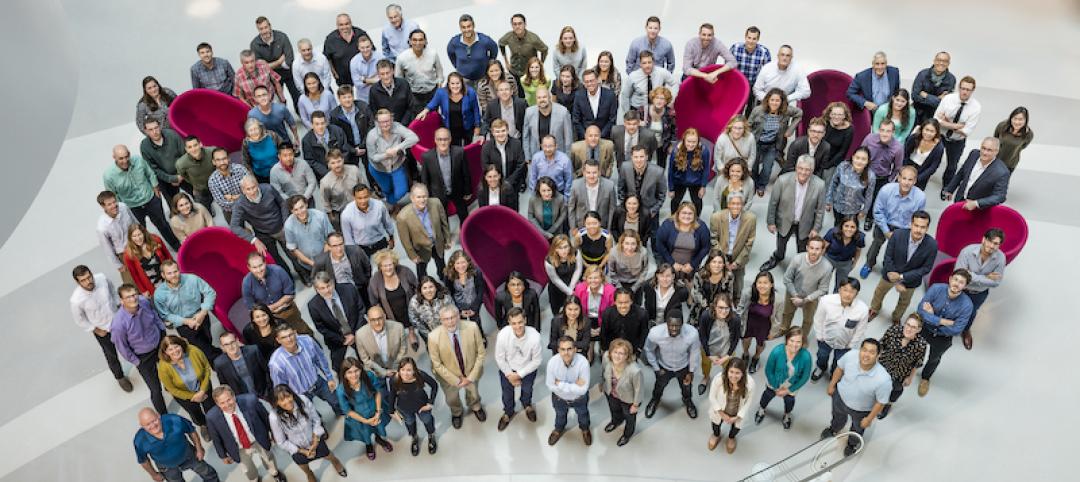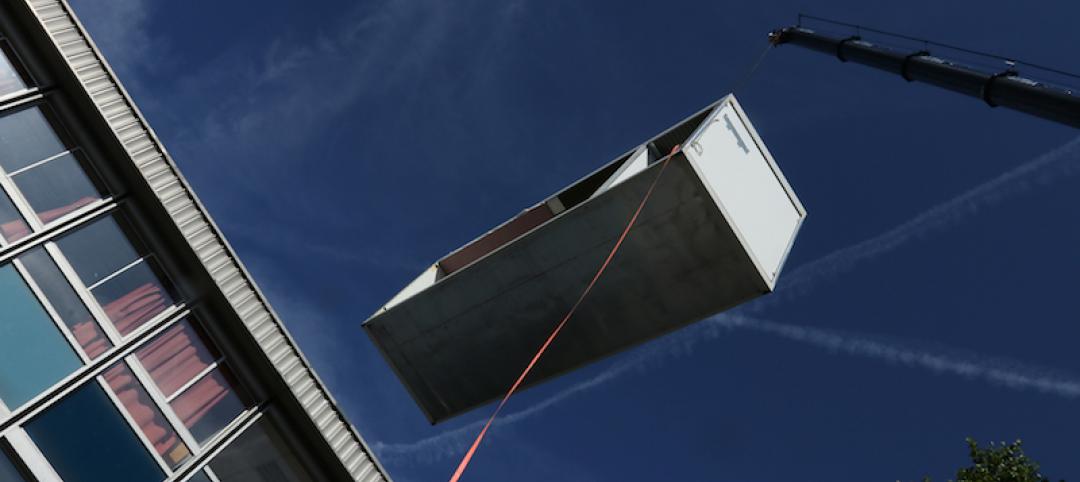Kohler Co. has partnered with several collegiate teams competing in the fifth Solar Decathlon, September 23 – October 2 at the National Mall’s West Potomac Park in Washington, D.C., by providing these teams with water-efficient Kohler and Sterling plumbing products.
College students from across the globe representing 20 universities have gathered to develop the most solar energy-efficient house in the competition sponsored by the U.S. Department of Energy.
The Solar Decathlon shows consumers how to save money and energy with affordable clean energy products that are available today. The Solar Decathlon also provides participating students with hands-on experience and unique training that prepares them to enter our nation's clean energy workforce.
“I am impressed with the students’ expertise on all aspects of green building – water efficiency, indoor air quality, materials, local sourcing and waste minimization – in addition to the energy efficiency focus of the contest,” said Rob Zimmerman, manager-engineering, sustainability and water conservation for Kohler.
Among the collegiate teams competing for the Solar Decathlon, which specified water-efficient plumbing products from Kohler is Purdue University, Zimmerman’s alma mater. “It’s encouraging that our young engineers, architects, and skilled trades are being educated this way, as they will be designing and constructing the homes, offices, and other buildings we’ll need in the coming years.”
The competing teams selected products designed to be water efficient and perform to expectations, including EPA WaterSense-listed toilets (Dual Flush and 1.28-gallon), showerheads and bathroom faucets, as well as commercial plumbing products including touchless faucets with the company’s award-winning Hybrid Energy System.
Kohler provided fixtures and faucets to Purdue and a handful of other teams such as Team Florida (University of Florida, South Florida, Central Florida and Florida State); Team Massachusetts (Massachusetts College of Art and Design, and the University of Massachusetts at Lowell); The Ohio State University; University of Illinois; Middlebury College; and Parsons The New School for Design and Stevens Institute of Technology. Kohler has been involved in the biennial Solar Decathlon since its inception in 2002.
The U.S. Department of Energy Solar Decathlon challenges collegiate teams to design, build, and operate solar-powered houses that are cost-effective, energy-efficient, and attractive. The winner of the competition is the team that best blends affordability, consumer appeal, and design excellence with optimal energy production and maximum efficiency.
The 2011 Solar Decathlon is open free to the public September 23 through October 2, (10 a.m. – 2 p.m. on weekdays, 10 am-5:30 pm on weekends). BD+C
Related Stories
Architects | Dec 10, 2018
The art and science of drawing: Humanizing the design process with a bit of controlled mayhem
Hand drawing reveals a dimension beyond those available in a CAD drawing or digital rendering.
Architects | Dec 7, 2018
2019 AIA Gold Medal awarded to Lord Richard Rogers, Hon. FAIA
The Gold Medal honors an individual whose significant body of work has had a lasting influence on the theory and practice of architecture.
3D Printing | Dec 7, 2018
Additive manufacturing heads to the jobsite
Prototype mobile 3D printing shop aims to identify additive manufacturing applications for construction jobsites.
Architects | Dec 6, 2018
Payette honored with 2019 AIA Architecture Firm Award
The award recognizes a firm that has consistently produced distinguished architecture for at least 10 years.
Biophilic Design | Nov 19, 2018
Biophilic design: What is it? Why it matters? And how do we use it?
As we continue to move toward the city and spend more time indoors, our day-to-day interaction with quality nature is shrinking. One contemporary concept to reverse this effect is biophilic design, a strategic approach to tap into—and harness—nature in the built environment.
Architects | Nov 6, 2018
Kohn Pedersen Fox opens three new offices
Following exciting current work, new commissions, and upcoming opportunities, global architecture firm embraces the future with new outposts.
Architects | Oct 2, 2018
Gensler, in latest report, highlights where resilient design could make the greatest impact on the built environment
The firm showcases its own recent projects as demonstrations for what can work in six areas.
Architects | Sep 24, 2018
Assembly (and rigorous planning) required: Managing the pros and cons of modular construction
While offering efficiency and flexibility, modular construction requires extensive planning and collaboration to avoid potential challenges.
Architects | Sep 19, 2018
Back it up: Parking lot trends
There are two shifts that we are seeing in parking lot planning and design – and these shifts are rooted in parking’s place at the intersection of environment, transportation, and market behavior.
Architects | Sep 14, 2018
We’ve entered the golden age of brain science. What does it mean for AEC firms?
New research from the SMPS Foundation explores the known principles and most recent research surrounding the human brain and behavioral science. The goal: to discover connections between the science and the AEC business.















